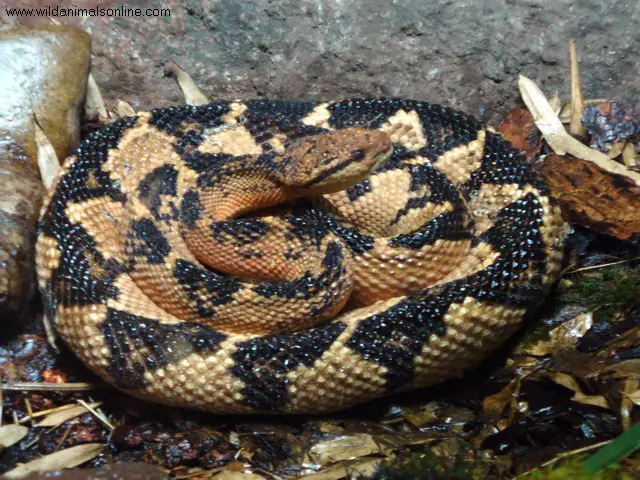Blood Sucking Leech
Many people see leeches as some sort of horrid creature that sucks blood for a meal, and in fact in some cases that is true. In others however it is well off from the truth.
There are literally hundreds of types of leeches, around the world and they live in myriad habitats such as freshwater, sea, moist terrestrial and can be found attached to fish, living under rocks clinging to trees and many other places.
They aren’t always easy to spot as they hide quite effectively in plain sight, since they usually blend well with their environments.
Leeches were typically associated with medicine in the dark ages, but in fact some are still used medically today, in cases such as plastic surgery and reconstruction.

Blood Sucking Leech
Aside from medicine, leeches are interesting creatures to watch, and have some odd and fascinating behavior. Many leeches are extraordinarily good at parenting.
They care for the young in a way that is closely associated with mammals rather than a cold water animal. Carrying the eggs, building them a nest or permitting them to remain attached to them are a few of the parenting skills we can see associated with this most heinous looking of animals.
Some leeches even have a pouch, like a kangaroo that they will carry the young inside until they are old enough to provide for themselves, capturing and killing prey for them into the bargain.
Not all leeches eat blood although many do. Some will choose live prey such as gnats, mosquito larva and bugs that live in the water, to eat, as well as snails and freshwater clams. These species have the proboscis much like a butterfly and they will suck the nutrients from the prey like a straw is used to suck up milk . When it is not being used it is retracted into their mouths, and when it comes out again it is usually for prey items.
Many leeches will attach themselves to animals or humans and use the blood as a method of nourishment, requiring removal from the host animal.
Leeches have some positive and very useful qualities if we take the time to look for



I loved the website! It rules and i`ll tell all my friends about it!
The website is so cool.The animals are so funny.
yh this website is really cool and the animals are so funny they make me laugh every time i see them and i will tell my friends about it as well they will love it as well.
this the exact leech i found today behind my house in windsor missouri and i am 14 years old
well anyways i am i was going to clean my feet off in the creek by my house so then i found some rocks so i decided to turn them over and i stumbeld upon this leech so i picked it up in ran to my house showed it to my mom and then took it to my friends house and looked online to see what it was and i found this site and the pic up above in this very artical about blood sucking leeches was my spock thats what i named it anyways but i am only 14 years old. well i got to go so i can make more cookies with my friend so bye i am going to go bye and to go to the creek again to find more after i finish cooking the best cookies ever
yeah me well we are making yellow cake mix cookies the butter looks amazing when you heat it up this is the best thhing i have ever typed before so who wants to congratyes to me
;) :) :) ;0
Is there any way to tell by looking at a leech if its blood sucking?
Im doing Leeches for a science project and this website provides good amount of information.
Eow thats gross!
I am more of a horse lover but this site is pretty neat! I thank you for making this site because I had homework and your information gave me half of the answers! I’ll be sure to tell my freinds.
Do leeches expand in sea water ?
This web page is just exciting I love all there facts and animals they are cute and funny I love them LOL:)